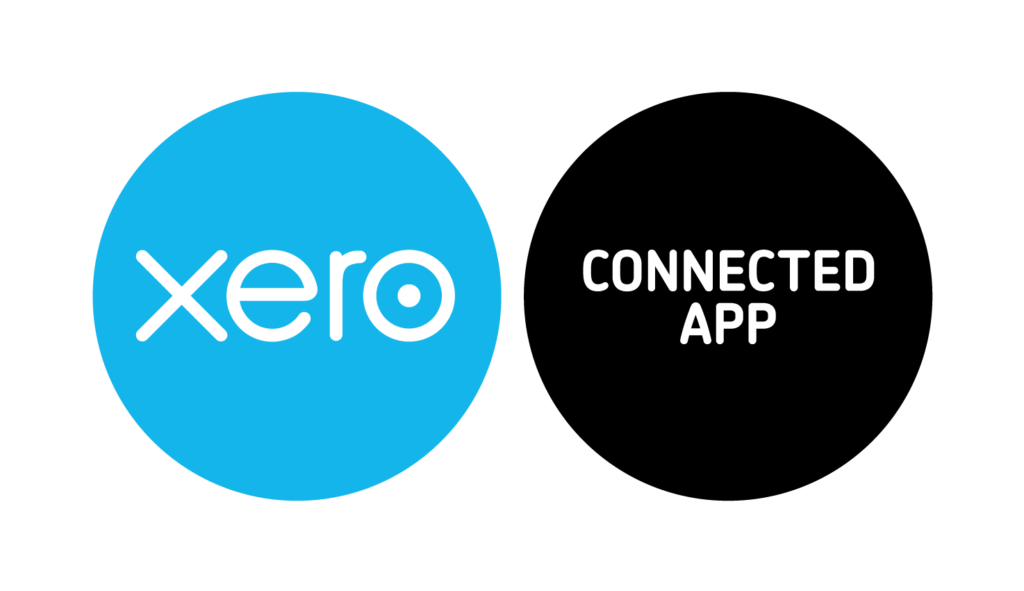We are often asked “what are the different types of Jobs in Eazy Costing?”. The “real question”, we feel, should be “what are the different paths to get to an Invoice with Eazy Costing?”.
There are four different paths to get to an Invoice in Eazy Costing, each with a unique set of rules and “way to invoice”.
- Quote → Job → Invoice
- Call-Out → Invoice
- Call-Out → Quote → Job → Invoice
- CostPlus Job → Invoice
Let’s look at each in detail.
Quote → Job → Invoice
In this path a “Fixed Quote” is created. (E.g. Supply and Install Plumbing in a New Bathroom.) Quote Items (Stock Items, Labour, Travel, etc.) are added to System / Sub-Systems of the quote. The quote is submitted to the client and once accepted is converted to a Job in Progress. Invoices can be generated at any stage of a Job being in Progress. Jobs are perfect for doing “big” projects that may span long time periods and have multiple teams working on them.
Call-Out → Invoice
For this path there is “No Fixed Quote”. Here the Technician is “sent to a site” to “fix something” (E.g. Leaking Bathroom Tap). The Technician creates a “Job Card” on-site and the client signs to confirm the work that was done. The Invoice, that has all of the details of the Call-Out can be generated from the Back-Office as soon the Call-Out is signed-off. Call-Outs are perfect for doing Maintenance Work.
Call-Out → Quote → Job → Invoice
For this path a Technician goes to site, starts a Call-Out and then realises that the work can’t be immediately completed due to expensive components being needed (E.g. A compressor needs to be replaced on an Air-Conditioning Unit.). The “partially done” Call-Out is signed-off by the client, and the Call-Out is then “Converted to a Quote in Progress”, which then becomes a Job and is invoiced as mentioned above. The beauty of these sorts of Jobs is that all costs relating to the initial Call-Out are tracked along with all other costs associated with the Job.
CostPlus Job → Invoice
This path is used when the Client gives the Contractor a “Blank Cheque” to do specif work over a period. (E.g. Maintain all buildings, including Electrical and Plumbing, on a Game Farm for an agreed period.) This process starts with a “Blank Quote” which is converted to a Job; all Labour, Material, Etc. are booked against the Job, and “Marked-Up” invoices can be generated at any time. (Items previously Invoiced are excluded from new Invoices.)

